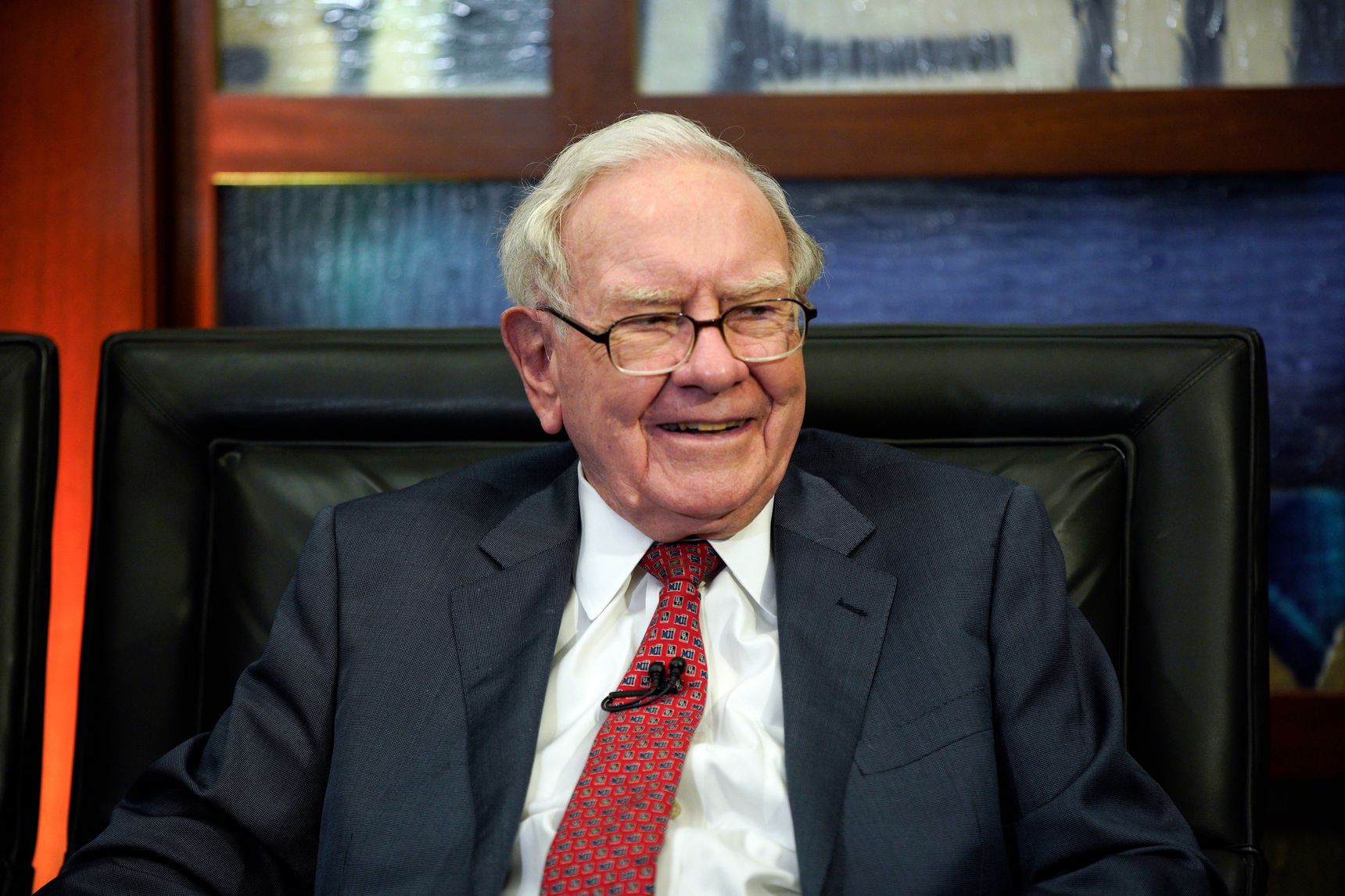Inflation Could Mean Value Stocks’ Time to Shine
Bitcoin, gold and oil are all having a moment, but the best haven might be value stocks.
Bitcoin, gold, oil, real estate—many assets are finding themselves on investors’ radar screens as concerns about inflation grow. The best refuge might be one that has been out of fashion for a while, though: boring old value stocks.
Value investing had a brief moment of superior performance early this year, only to sink back into second-class status as stocks like Tesla with triple-digit earnings multiples—and many with no earnings at all—surged anew. A broad basket of cheap stocks represented by the Russell 3000 Value Index has appreciated by a respectable 80% in the past five years. Russell’s corresponding basket of growth stocks has done more than 100 percentage points better, however.
Many people think of stocks of any stripe as a lousy investment when the cost of living surges, because the last time U.S. inflation was a major problem—from the late 1960s through the early 1980s—they went exactly nowhere and lost money in real terms. But companies with real assets, debts that are eroded by inflation and the ability to raise prices can do well and have done so at other times when inflation was elevated.
Even when they didn’t, value stocks were good relative performers. Decades like the 1940s, 1970s and 1980s saw value stocks beat growth amid fairly high inflation. By contrast, decades with low inflation or deflation such as the 2010s, 1930s and 1990s saw the opposite trend, according to data from researchers Eugene Fama and Kenneth French.
“It does feel like there is a shift,” says John Alberg, co-founder of Euclidean Technologies, which uses machine learning to manage long-term investments based on historical trends.
If inflation really is “transitory”—the result of supply-chain pressures that will soon reverse—then maybe growth can continue to trounce value for a while. But concerns about inflation have a way of becoming entrenched and turning into a persistent trend as companies succeed in pushing through price increases and workers demand higher pay. A search for “inflation” on media research site Factiva shows more hits in October, which isn’t yet over, than during any month in the past decade.
Companies that make electric cars, experimental drugs or software can raise prices, too, but their shares might be less desirable if inflation really picks up. The simple reason, Mr. Alberg surmises, is that when interest rates rise—as they tend to do during inflationary periods—the prospect of a payoff in the future is worth less than a more certain stream of cash in the near term.
Asset manager GMO recently opined on inflation hedges and found flaws with all of those now in fashion. Buying insurance backed by the full faith and credit of the U.S. Treasury through TIPS—bonds indexed to inflation—has become expensive.
So are industrial commodities, which cost money to store or to hold via financial instruments like futures. Traditional and newer havens like gold or bitcoin, meanwhile, have no intrinsic worth so they might or might not protect you. The best strategy, according to GMO, is to bet on a store of value in the form of cheap stocks.
“This is like being offered inflation insurance at a discount,” the asset manager said.
Note that this could merely mean a less-bad performance. Some decades when value stocks provided a haven and inflation was on the higher side, such as the 1980s, had stellar returns, but they started from a point when all stocks were a bargain. The cyclically adjusted price-to-earnings ratio maintained by Yale professor Robert Shiller was in the single digits in 1981. Today it is around 39 times—its highest level since shortly after the technology stock bubble burst 21 years ago and above the 1929 peak.
Value stocks might not be the most exciting inflation hedge, but havens rarely are.
Reprinted by permission of The Wall Street Journal, Copyright 2021 Dow Jones & Company. Inc. All Rights Reserved Worldwide. Original date of publication: October 26, 2021.
 Copyright 2020, Dow Jones & Company, Inc. All Rights Reserved Worldwide. LEARN MORE
Copyright 2020, Dow Jones & Company, Inc. All Rights Reserved Worldwide. LEARN MORE
This stylish family home combines a classic palette and finishes with a flexible floorplan
Just 55 minutes from Sydney, make this your creative getaway located in the majestic Hawkesbury region.
Continued stagflation and cost of living pressures are causing couples to think twice about starting a family, new data has revealed, with long term impacts expected
Australia is in the midst of a ‘baby recession’ with preliminary estimates showing the number of births in 2023 fell by more than four percent to the lowest level since 2006, according to KPMG. The consultancy firm says this reflects the impact of cost-of-living pressures on the feasibility of younger Australians starting a family.
KPMG estimates that 289,100 babies were born in 2023. This compares to 300,684 babies in 2022 and 309,996 in 2021, according to the Australian Bureau of Statistics (ABS). KPMG urban economist Terry Rawnsley said weak economic growth often leads to a reduced number of births. In 2023, ABS data shows gross domestic product (GDP) fell to 1.5 percent. Despite the population growing by 2.5 percent in 2023, GDP on a per capita basis went into negative territory, down one percent over the 12 months.
“Birth rates provide insight into long-term population growth as well as the current confidence of Australian families,” said Mr Rawnsley. “We haven’t seen such a sharp drop in births in Australia since the period of economic stagflation in the 1970s, which coincided with the initial widespread adoption of the contraceptive pill.”
Mr Rawnsley said many Australian couples delayed starting a family while the pandemic played out in 2020. The number of births fell from 305,832 in 2019 to 294,369 in 2020. Then in 2021, strong employment and vast amounts of stimulus money, along with high household savings due to lockdowns, gave couples better financial means to have a baby. This led to a rebound in births.
However, the re-opening of the global economy in 2022 led to soaring inflation. By the start of 2023, the Australian consumer price index (CPI) had risen to its highest level since 1990 at 7.8 percent per annum. By that stage, the Reserve Bank had already commenced an aggressive rate-hiking strategy to fight inflation and had raised the cash rate every month between May and December 2022.
Five more rate hikes during 2023 put further pressure on couples with mortgages and put the brakes on family formation. “This combination of the pandemic and rapid economic changes explains the spike and subsequent sharp decline in birth rates we have observed over the past four years,” Mr Rawnsley said.
The impact of high costs of living on couples’ decision to have a baby is highlighted in births data for the capital cities. KPMG estimates there were 60,860 births in Sydney in 2023, down 8.6 percent from 2019. There were 56,270 births in Melbourne, down 7.3 percent. In Perth, there were 25,020 births, down 6 percent, while in Brisbane there were 30,250 births, down 4.3 percent. Canberra was the only capital city where there was no fall in the number of births in 2023 compared to 2019.
“CPI growth in Canberra has been slightly subdued compared to that in other major cities, and the economic outlook has remained strong,” Mr Rawnsley said. “This means families have not been hurting as much as those in other capital cities, and in turn, we’ve seen a stabilisation of births in the ACT.”
This stylish family home combines a classic palette and finishes with a flexible floorplan
Just 55 minutes from Sydney, make this your creative getaway located in the majestic Hawkesbury region.






















